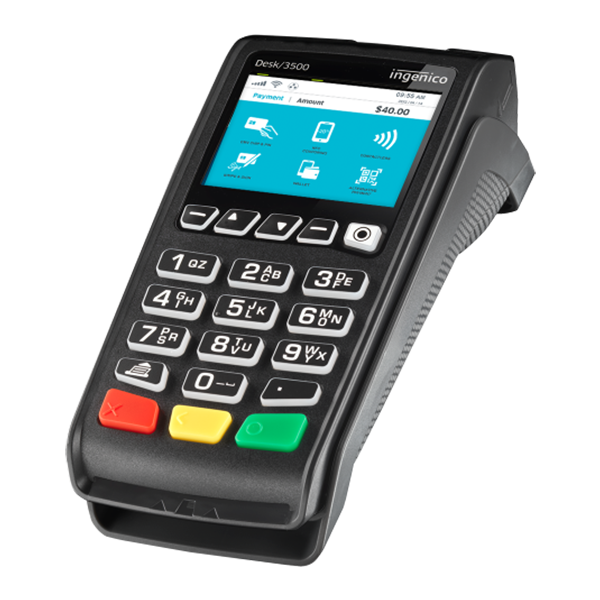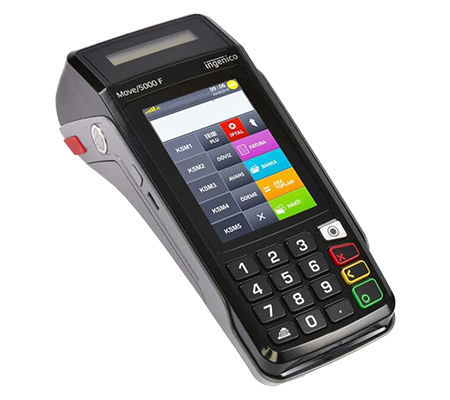Credit cards add so much to the convenience of customers. They can roam around without worrying about cash and shop for anything they want. Owning a credit card is a privilege for them, but it can become a liability for merchants and retailers due to different fees. Credit processing fees are inevitable if you are a merchant. You have to pay this fee. However, there are a few hacks to reduce credit card processing fees. You can avoid paying a significant amount to merchants and processors by doing these hacks. Therefore all the merchants bothered by these increasing processing fees want to get rid of them. We invite you to read this article about credit card processing fee reduction practices.
-
Choose a suitable pricing model
The processing fees for credit cards are categorized into three parts. Interchange, assessments and markup are the three parts of processing fees. The interchange and assessment fees are non-negotiable, known as wholesale costs combined, and the consumers must pay at any cost. However, there is a margin of negotiation in the markup fee. Besides this, there are different pricing models, i.e., tiered pricing, flat pricing, simplicity etc. Merchants can choose a specific pricing model if the selected model meets their business needs and reduces the processing fee.
-
Negotiate the markup fee with credit card processors
The markup fee is the only negotiable fee out of all the processing fees. The banks and card brands have set a fixed fee they charge, known as wholesale costs, whereas markup fee goes to card processors. As a merchant, it is in your access to negotiate markup fees with payment processors. A reduced markup price would be the icing on the cake for customers, along with the ease of accepting card payment, which can eventually boost your sales. Therefore all the merchants must negotiate markup fees with card processors.
-
Reduce the risk of credit card fraud
All credit card merchants and retailers are bound to pay processing fees each time while accepting every credit/debit payment. Merchants will pay the processing fees whether the payment is actual or fake. Therefore merchants need to limit card fraud by saving their processing fees. There are a few signs of detecting card fraud, like damaged cards, agitated shoppers, avoidant behaviours around signing the receipt and signature discrepancies between card and receipt. By avoiding the risk of card fraud, merchants save significant amounts on processing fees.
-
Set up an address verification service
Merchants can use an address verification service to verify the address of customers. The processes like KYC and Anti-money laundering AML facilitate setting up address verification services. Any credit merchant can check the customers are legitimate and reduce the risk of fraudulent activities. Apart from this address verification service, you track details in case of misinformation.
-
Set up your merchant account and terminal properly
The improper installation of integrated payment processors at your point of sale can slow down the system. Also, improper installation can cause high processing fees as the processing fees vary. Therefore select their business type to avoid high merchant fees for credit cards.
-
Get payment processing from your POS provider
The last but important practice to follow is constantly asking your POS provider for payment processors rather than asking other companies for payment processors. If you use the pos system of a particular company, then it is necessary to have the same company’s payment processor. Because when you buy all the products from the same dealer, it will reflect your customer loyalty to that dealer and more likely, they will implement fewer makeup fees. In contrast, if you ask a company other than a POS provider to install a payment processor, more likely, they will never agree to reduce your processing fees.
Merchants always feel bothered over paying the processing fees per transaction. They seem to be frustrated with these processing fees and always are on the hunt to find ways to reduce these processing fees. According to search engineer analytics, merchants keep searching for “how to reduce processing fees,” “how to reduce merchant fees credit card,” “how to reduce credit fees,” “how to reduce credit card accept fees,” and things like that.
A significant number of merchants want to reduce their processing fees. Either they want their existing provider to reduce the processing fees or switch to companies with low processing fees. Outstanding services like “merchant services elavon,” “firstdata merchant services,” and “merchant processing fee.” charge way too much. To help out such retailers, we have cast about a payment processor and POS provider that charges nothing but a minimal processing fee.
MBE POS
MBE POS has been there for two decades to empower businesses, especially small-sized and mid-sized businesses. The primary aim of MBE POS is to provide sustainable business solutions to businesses and companies. MBE POS has helped numerous businesses get rid of their old and slow POS systems and has equipped them with the latest POS systems that have integrated payment gateways, seamless and super fast. The super-efficient payment processors are also part of the latest POS system, but the POS charges a minimal processing fee per transaction. If you are a merchant, own a business, are exhausted from paying high processing fees, and want to switch to a company that charges low processing fees, then MBE is undoubtedly for you.
- Also Read:
Conclusion
All the merchants want to earn good profits but pay a significant amount in processing fees. The processing fees are inevitable but can be reduced to a certain amount by following some practices. Therefore to help out our readers who own any business, we have listed all those processing fees reducing practices above.










